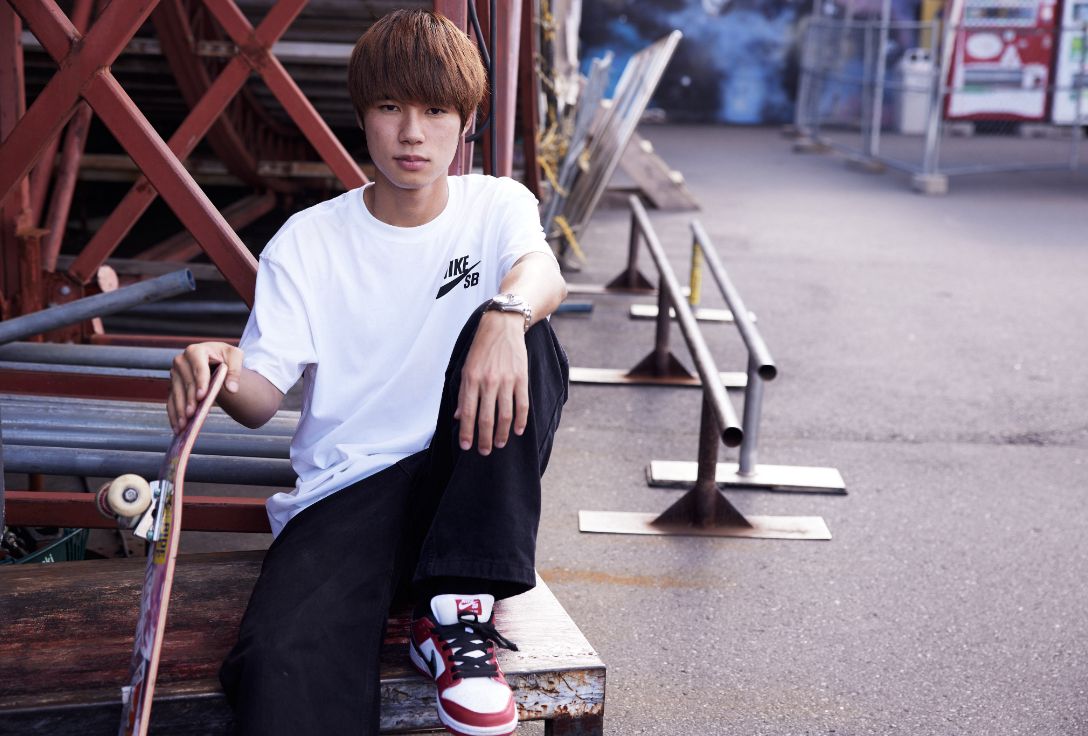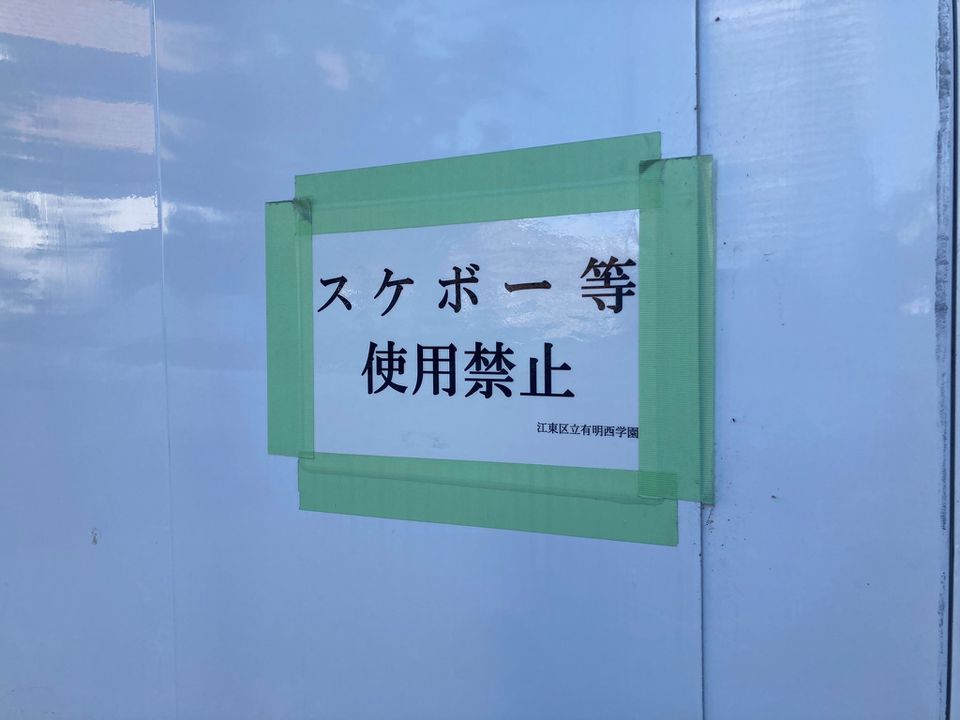
April Skateboards top-seeded professional skateboarder Yuto Horigome recently released a street skateboarding video part via Nike SB's support in Tokyo that has sparked consequential backlash among the Japanese population.
The video's release has rekindled debates about the place of skateboarding in Japan's public spaces and its perceived impact on local culture.
Horigome's Tokyo street part attests to his incredible skill and dedication to his craft. However, it has also highlighted the growing tension in traditional Japanese values.

On July 25, 2021, in Tokyo, Japan, a white wall near the Ariake Urban Sports Park, the venue for Olympic skateboarding events, featured a peculiar sight.
A poster boldly proclaiming "skateboarding banned" had been affixed to the wall using duct tape, partially obstructing the view of this iconic location.
The unusual juxtaposition captured by Mari Saito from REUTERS was a memorable symbol of the clash between skateboarding culture and Olympic regulations during that time.
According to the Tokyo Weekender, skateboarding is illegal on roads with frequent traffic and prohibited in most public areas in Japan.
Because of these restrictions, most skaters ride and practice tricks at skateparks or secluded spots like riverside paths. The key is not to bother anyone.
The case of Jamie Thomas, an American pro skater, skating in a residential area of Japan made national news for "disrespecting the landscape with no care for pedestrians," underscoring the more significant issue.
The conflict between the countercultural nature of skateboarding and Japan's emphasis on social norms and order has become evident.
Horigome's street part showcases the dynamic and rebellious nature of skateboarding. However, it has raised concerns among Japanese individuals who view it as a "dishonor" to their country.
Skateboarding's unconventional use of public spaces, including iconic landmarks, can disrupt Japan's meticulous order and respect for public areas.
Amid the controversy, some argue that skateboarding could serve as a cultural bridge, helping to break down barriers between generations and perspectives.
As Japan navigates the influx of foreign influences and the global reach of its cultural exports, there is an opportunity for dialogue and understanding.
While some individuals may perceive Horigome's video as a "dishonor," it's essential to recognize the diverse ways skateboarding can be interpreted.
